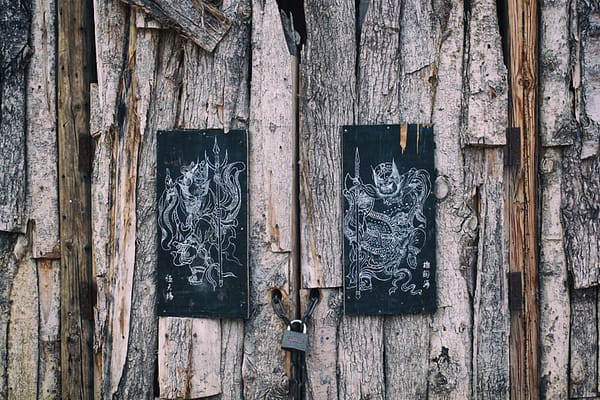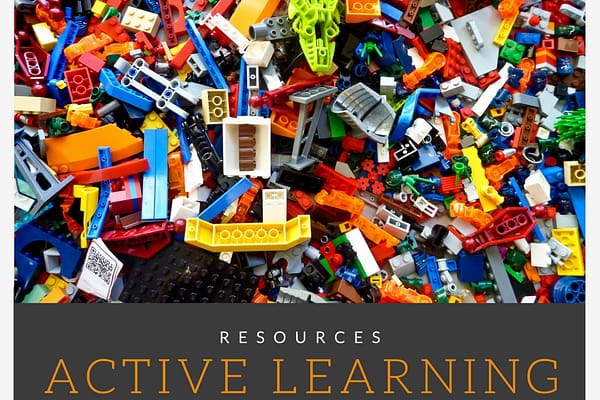
More than ever before, I witnessed this semester testing the limits of our espoused descriptions of what it means to be a teacher. Is it about us fostering and cultivating learning communities, or is it really more about misguided attempts to control others' behavior? Is deep learning a complex process that takes place across unpredictable spans of time, or is what we do able to be planner out in a linear way toward a rigid destination?
I received an email from Marjorie Feld (Babson College) that shares the story of her last day of class this semester. She gave me permission to share her story here with the other Teaching in Higher Ed blog posts:
November 20, 2020
On the last day of class for the semester, standing there in my mask, I talked about Harry Potter.
I was co-teaching a course with 50 students, split into two groups: a few in-person in the de-densified physical classroom; most of them online, linking into class from campus and from places across the U.S. and across the world. On this last day, only my co-teacher and I were masked in the classroom, and all of our students were on screen in tiny boxes, learning remotely. I know my colleagues drew from more classic literary works about plagues and other crises when talking to students about our present moment in the pandemic; I used Harry Potter as a way to communicate my gratitude to them.
In all honesty, I told our students, in August I hesitated before entering the classroom. Even with the masks (worn faithfully by all) and the regular testing (completed faithfully by all), there was anxiety about what it would mean to be in a room, on campus, learning together. The anxiety, though, wasn’t just about the virus, I pointed out. It was also about how we could create a learning community in the midst of all of this. Never had I taught online, I told them, and I have always relied on students’ being together in one space, seeing and hearing each other’s responses to texts and to each other.
At our best, I said, we teachers hope to help you learn from each other, to help move you a bit further on your journey toward a good job, a fulfilling life, and good global citizenship. We strive to keep our classrooms safe for you to try on, and try out, new ways of thinking. In here, I said, gesturing around the classroom, I try my best to try to accommodate everyone’s learning preferences, to shield everyone from negative forces during our moments together so that we can all feel heard and visible.
In the final book and film of the Harry Potter series, the forces of evil try to enter Hogwarts, the school where young people learn the magic they need to become witches and wizards. The teachers know that these forces are on their way, and they do the only thing they can: they summon their own magical powers as older, more experienced witches and wizards, and they cast a spell on the school to protect the young people, however temporarily, from evil.
Brimming with emotion, I told my students that this semester, though many of us wanted to protect our students from the negative forces of our moment—namely, of course, the virus—we knew we could not. I thanked them for wearing masks, for getting tested, for keeping themselves safe; I thanked them for tuning into the class, for learning and laughing and trying on, and trying out, new ways of thinking. They could not see that I was smiling under my mask when I said that we managed to create a learning community. To me, that felt like both a victory and a bit of an antidote to the bleak news of 2020. Soon after I finished saying this, they logged off of our last class together.
Ultimately, in the Harry Potter narrative, good prevails. There is incalculable loss, to be sure. But the students who remained in the protected school: they learn how to fight the bad forces together. They grow up to recognize the essential importance of communities, not only in learning, but in taking action to protect what is important. Now that my teaching is done, I hang onto my hope that this is what we are teaching all of our young people right now, wherever they are learning. No magic is required; just hope and the will and actions to protect and heal the world.
Marjorie N. Feld, Babson College
Thank you, Marjorie, for sharing your story about your final day of class with us and for getting in touch. The ways in which you remained true to your teaching philosophy and navigated these challenging circumstances is admirable and inspiring.


